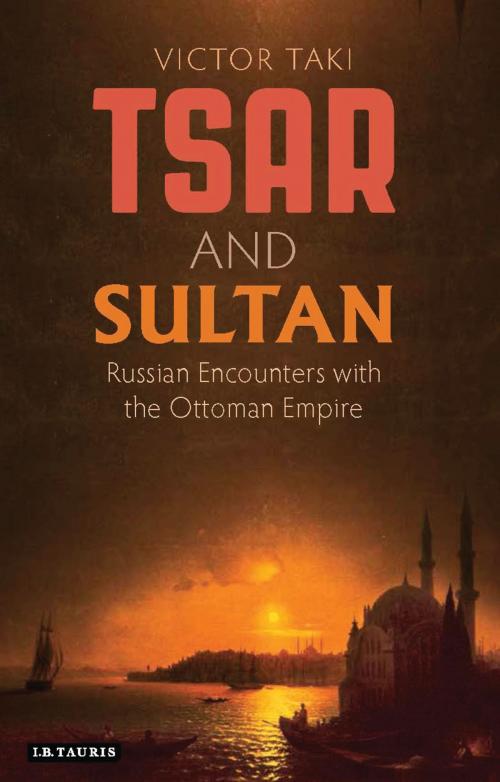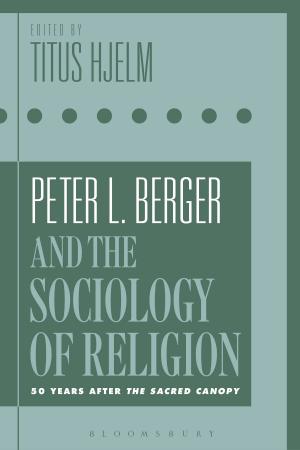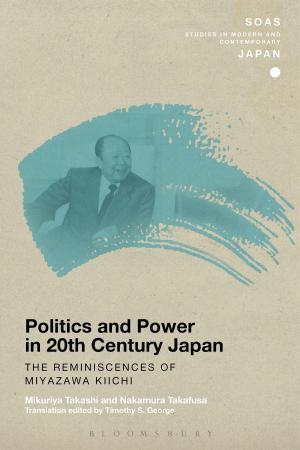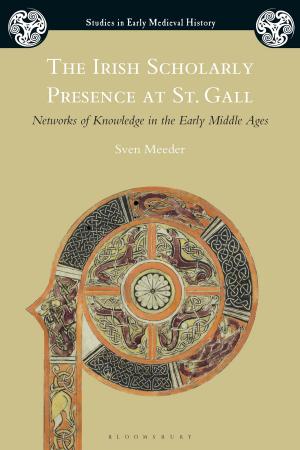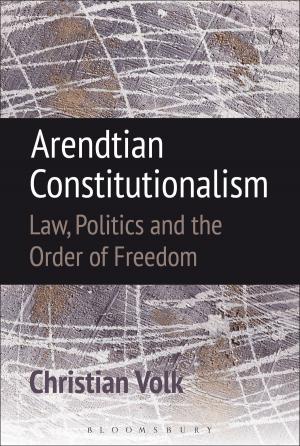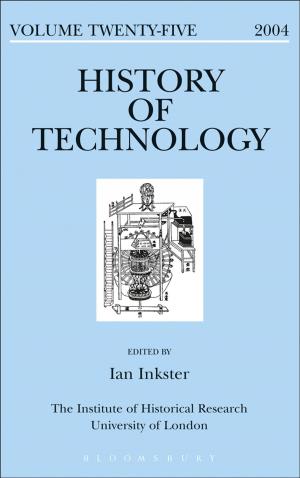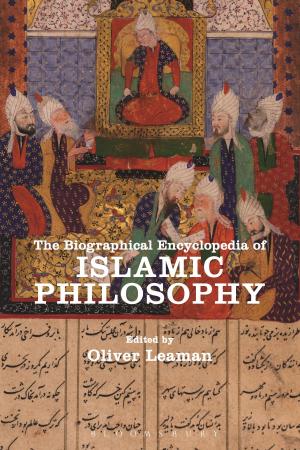Tsar and Sultan
Russian Encounters with the Ottoman Empire
Nonfiction, History, Modern, 18th Century, Social & Cultural Studies, Political Science| Author: | Victor Taki | ISBN: | 9780857728982 |
| Publisher: | Bloomsbury Publishing | Publication: | June 20, 2016 |
| Imprint: | I.B. Tauris | Language: | English |
| Author: | Victor Taki |
| ISBN: | 9780857728982 |
| Publisher: | Bloomsbury Publishing |
| Publication: | June 20, 2016 |
| Imprint: | I.B. Tauris |
| Language: | English |
From the 1700s, the declining Ottoman Empire served as a source of inspiration for the westernisation of Russia. Comparisons between European and Ottoman diplomacy, warfare and political organizations shaped Russian identity and provided the nation with a sense of superiority over its adversary. Tsar and Sultan offers a unique insight into Russian Orientalism as the intellectual force behind Russian-Ottoman encounters. Through war diaries and memoirs, accounts of captivity and diplomatic correspondences, Victor Taki's analysis of military documents demonstrates a crucial aspect of Russia's discovery of the Orient based on its rivalry with the Ottoman Empire. Narratives depicting the brutal realities of Russian-Turkish military conflicts influenced the Orientalisation of the Ottoman Empire. In turn, Russian identity was built as the counter-image to the demonised Turk. This book explains the significance of Russian Orientalism on Russian identity and national policies of westernisation. Students of European History and Middle East studies will appreciate Taki's analysis of Russian-Turkish relations and their influence on Eurasian history.
From the 1700s, the declining Ottoman Empire served as a source of inspiration for the westernisation of Russia. Comparisons between European and Ottoman diplomacy, warfare and political organizations shaped Russian identity and provided the nation with a sense of superiority over its adversary. Tsar and Sultan offers a unique insight into Russian Orientalism as the intellectual force behind Russian-Ottoman encounters. Through war diaries and memoirs, accounts of captivity and diplomatic correspondences, Victor Taki's analysis of military documents demonstrates a crucial aspect of Russia's discovery of the Orient based on its rivalry with the Ottoman Empire. Narratives depicting the brutal realities of Russian-Turkish military conflicts influenced the Orientalisation of the Ottoman Empire. In turn, Russian identity was built as the counter-image to the demonised Turk. This book explains the significance of Russian Orientalism on Russian identity and national policies of westernisation. Students of European History and Middle East studies will appreciate Taki's analysis of Russian-Turkish relations and their influence on Eurasian history.
